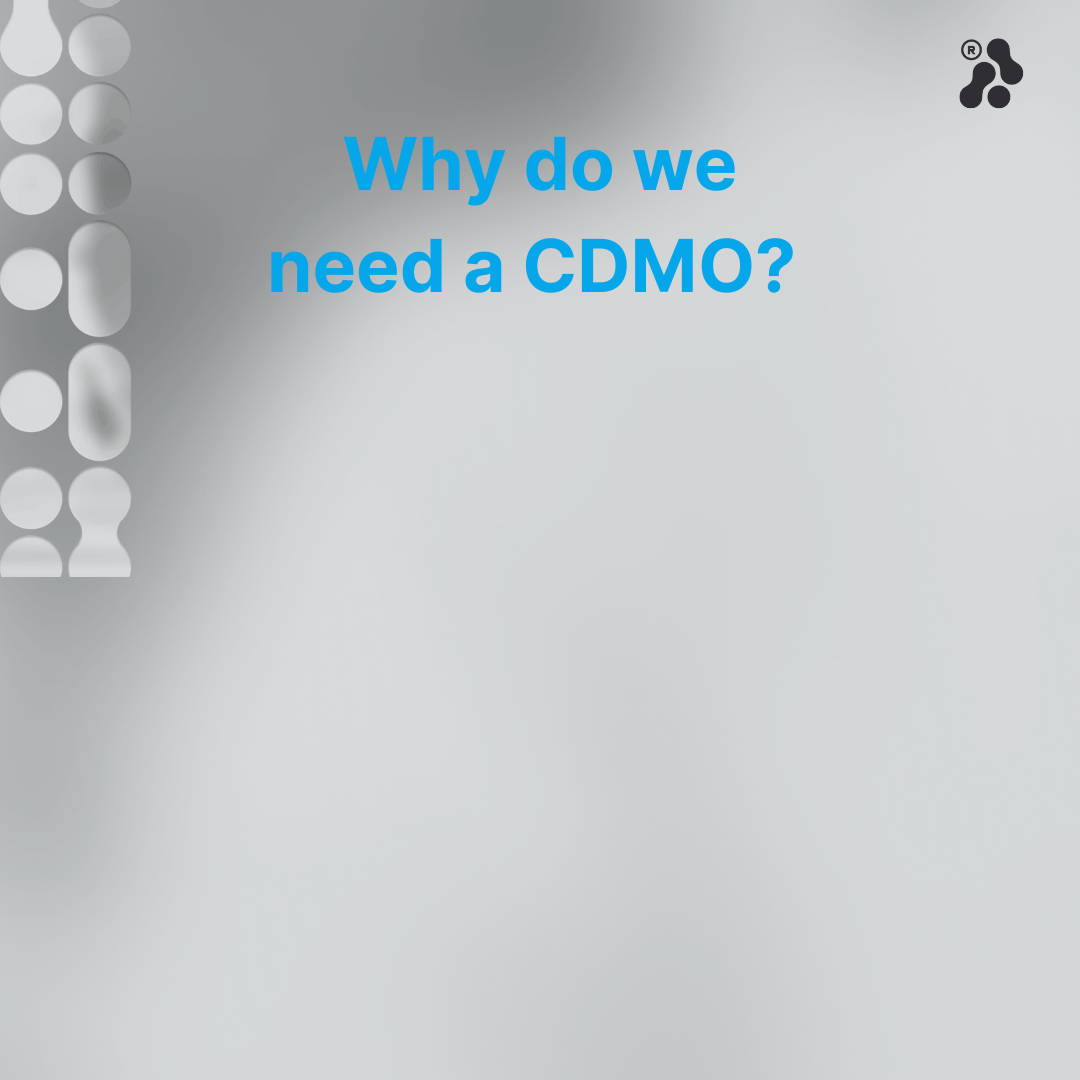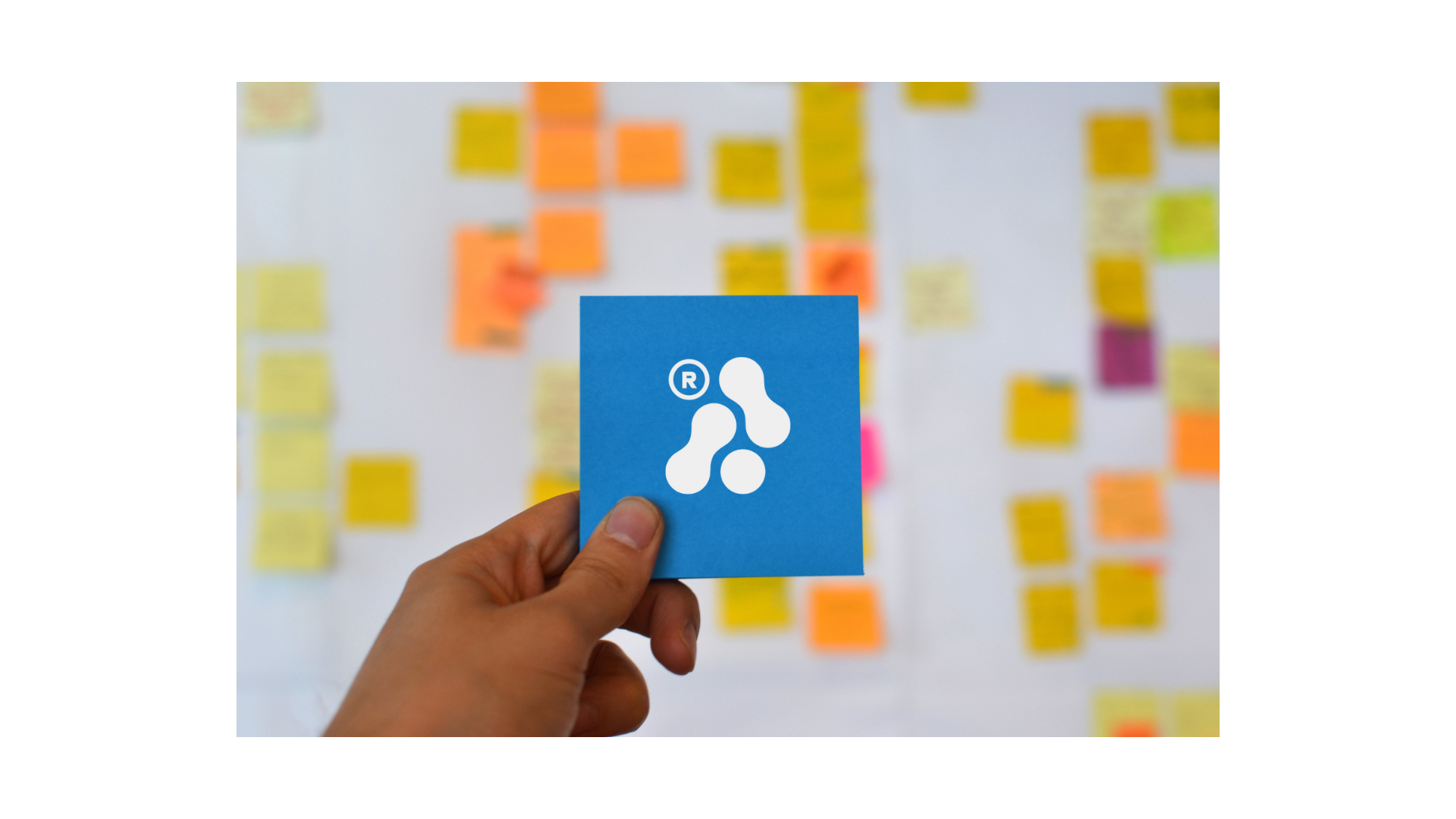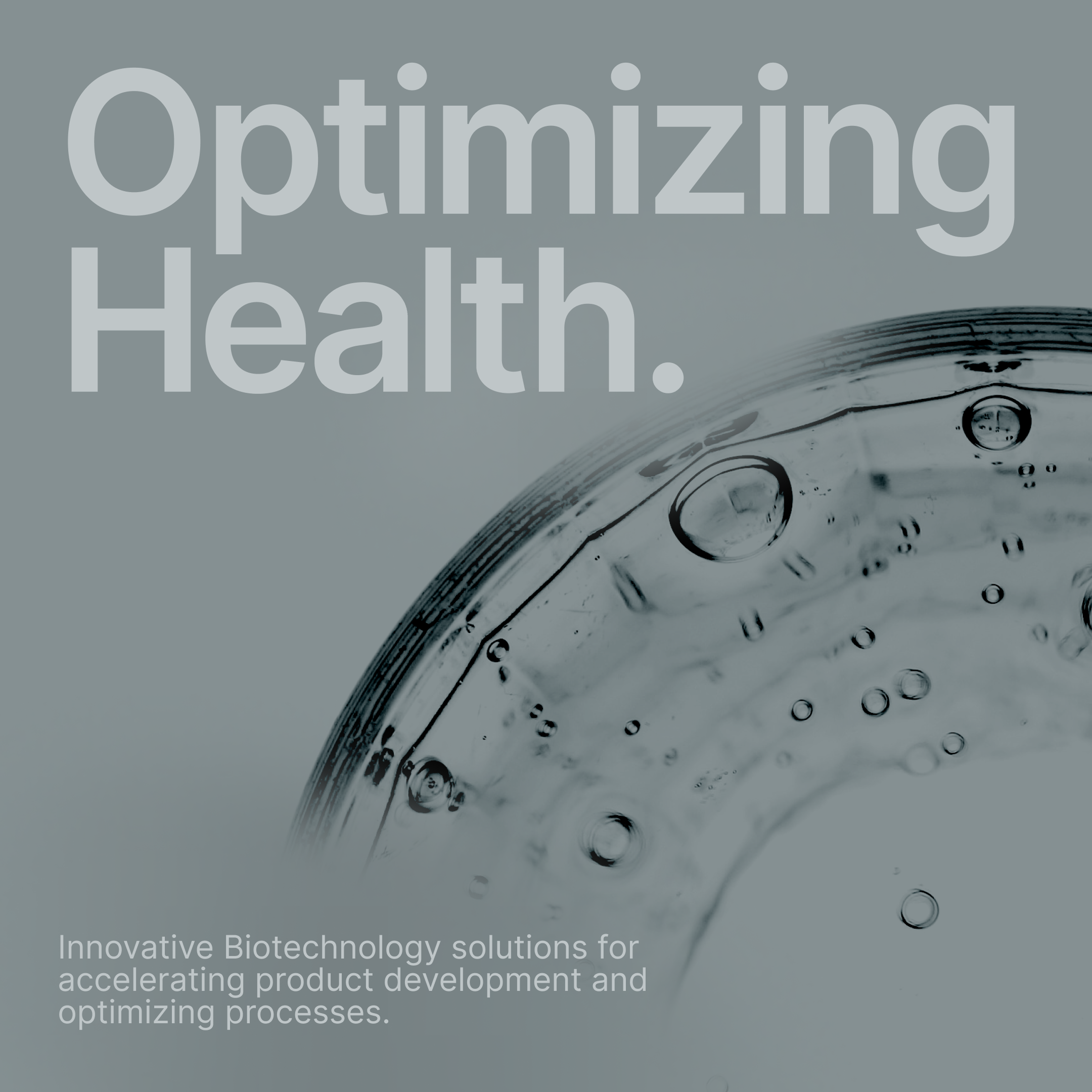Rigorous company in relation to the general data protection law (LGPD)
Biotimize - Biotechnology as a Service is committed to complying with the laws that protect the privacy of the data of its employees, partners and the general public.
See how we deal with the information collected:
What are the data types?
Personal data:
”Information related to the identified or viral person”, for example: first name, last name, date of birth, personal documents, home or business address, telephone, email and IP address.
Sensitive Personal data:
These are the data that refer to racial or ethnic origin, religious conviction, political opinion, union affiliation or organization of a religious, philosophical or political nature. Sensitive personal data as well are those related to health or sex life, genetic or biometric data.
What data does our Company collect?
Our company handles data from employees, partners and service providers, being duly compliant with the LGPD.
On the website, the company collects data through the voluntary and consensual completion of forms, e-books and contact to receive the newsletter.
Is there automatic data collection?
Biotimize - Biotechnology as a Service does not automatically collect data in each access to the website.
How do they use my data?
The personal data provided by users who fill in the forms are used solely to provide feedback at the user's request (individual or legal entity interested in our company's products and services).
Once the service is completed, such data is deleted.
Have you got any questions?
Talk to the Data Protection Manager (DPO) by email: dpo@biotimize.com.br
You will be able to clarify doubts related to the processing of personal data.



